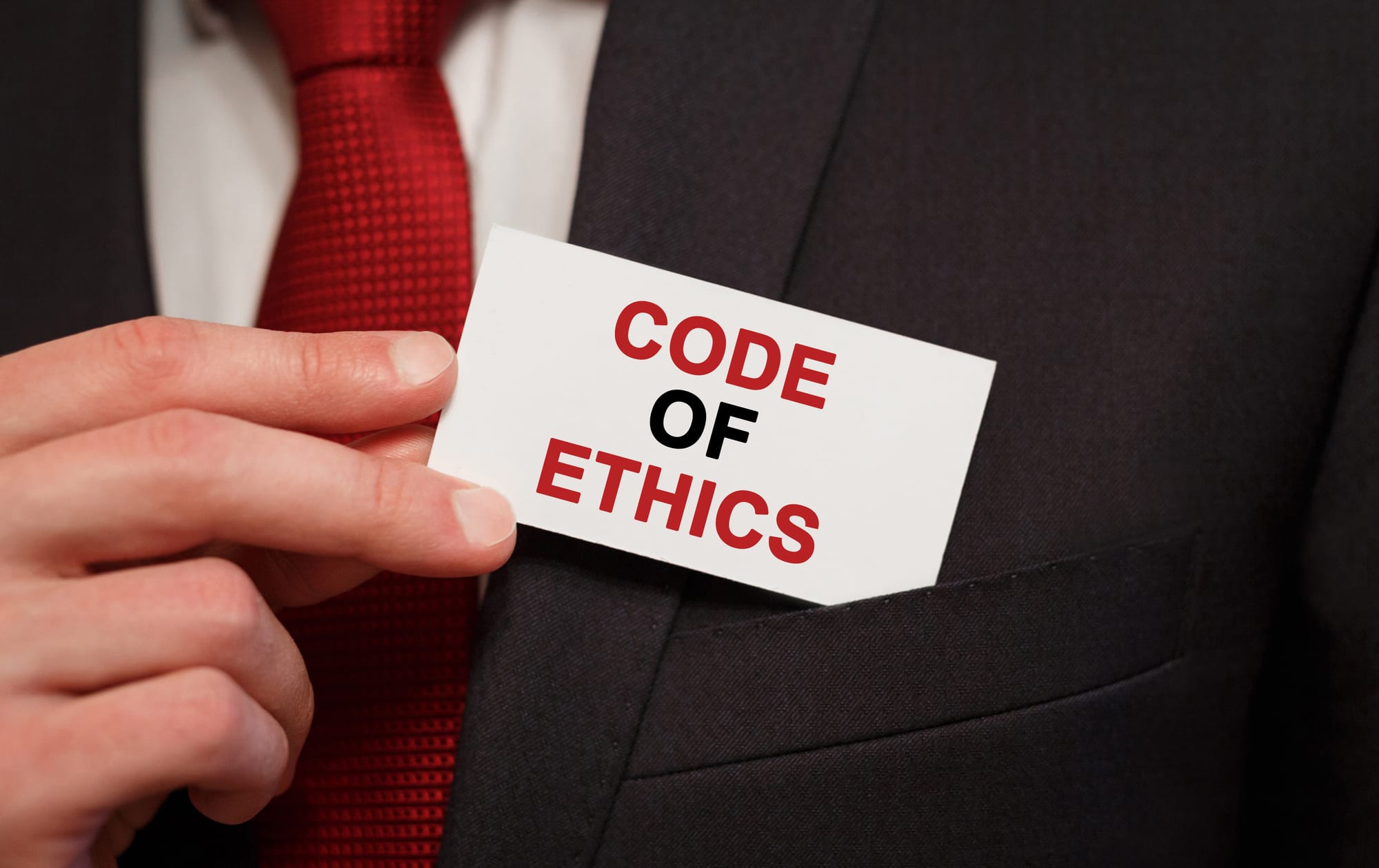
In the highly competitive sales world, where the ends often justify the means, an untapped strategy lies dormant, not in the shadows, but in the light of integrity: ethical salesmanship.
It's a game-changer nobody has seen coming, yet everyone needs it. But why ethical? In a world where skepticism is rampant, trust is the rarest commodity. It's not just about making a sale; it's about building a relationship. Ethical salesmanship involves understanding customers' needs, offering solutions that truly benefit them, and avoiding the temptation to oversell or mislead. It's about transparency, honesty, and respect—values that may seem old-fashioned but are incredibly powerful in establishing long-lasting customer loyalty. Imagine a sales landscape where trust is a foundation, not a casualty. Here, ethical salespeople are not just seen as consultants but as allies by their customers.
This approach increases the likelihood of repeat business and turns satisfied customers into enthusiastic advocates for your brand. In the age of social media, word-of-mouth can be your strongest ally or your most formidable foe. Moreover, working ethically in sales leads to a more fulfilling professional life. It aligns your personal values with your professional actions, leading to greater job satisfaction, lower stress levels, and a positive workplace culture. When you know you're doing right by your customers, you're not just selling a product or service but making a positive impact.
The results speak for themselves. Studies and anecdotal evidence suggest that companies emphasizing ethical sales enjoy higher customer retention rates, improved brand reputation, and increased profitability. This indicates that ethical salesmanship isn't just good in principle but also for business. Remember, the path to sales success mustn't be paved with questionable tactics.
By embracing ethical salesmanship, sales professionals can achieve short-term gains and long-term success and satisfaction. Let's consider the power of doing the right thing. It's not just a moral choice; it's a strategic advantage that can set you apart in a crowded marketplace.